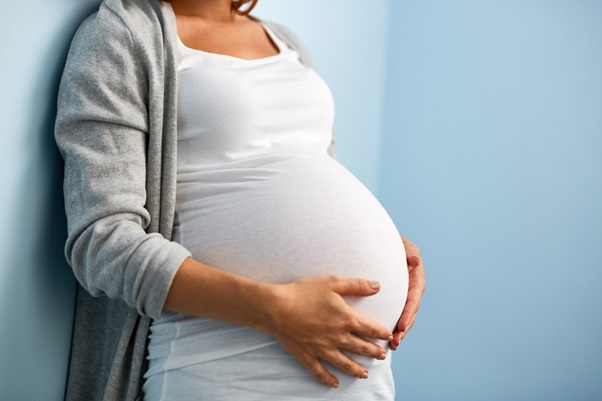Did you know that your heart pumps faster during pregnancy? This can cause the veins in your legs and belly to become more noticeable.
Not only that, but the hormones—estrogen and progesterone—can also lead to vision changes, hair changes, and taste changes.
They’re also responsible for transferring nutrients between the uterus and the placenta.
Are you expecting? Want to know what to eat during pregnancy? If so, you’ve come to the right place! We’ll be going over some of the best foods to eat below.
Table of Contents
ToggleKeep reading for some pregnancy eating tips!
1. Protein
Protein is the building block of life for humans; it’s made up of amino acids, which are essential to the growth of cells. Given that, it’s important to incorporate a range of protein sources into your diet.
Some examples include chicken, beef, pork, fish, and eggs. There are also plant-based sources of protein such as tofu, beans, nuts, seeds, legumes, and lentils.
How much protein should you eat? At least 60 grams per day—that should account for approximately 25% of your calorie intake.
2. Iron
The amount of blood in the body increases by nearly 50 percent during pregnancy. To make the additional hemoglobin—the oxygen-carrying protein in red blood cells—you’ll need to increase your intake of iron.
If you don’t have enough iron in the body, it can increase the risk of low birth weight, preterm delivery, and stillbirth. There’s also a higher risk of blood loss when you give birth.
To prevent that, you want to consume at least 27 milligrams of iron per day. Some rich sources of iron include salmon, dark green vegetables, and lean meats.
There are also supplements that you can get if you find it difficult to take in enough iron through your diet. For example, there are prenatal supplements such as CitraNatal that include iron and other essential vitamins (click for more information).
3. Healthy Fats
Omega-3 polyunsaturated fatty acids play a crucial role during pregnancy. Not only are they used as a source of energy by the developing fetus, but they’re also essential for proper brain and eye development.
Studies have also shown that eating healthy fats can prevent preterm labor and delivery. In addition to that, they can prevent perinatal depression.
Some healthy foods that are rich in omega-3 fatty acids include fatty fish (e.g. salmon, trout, herring), flaxseeds, sunflower seeds, walnuts, and vegetable oils.
Avoid saturated and trans fats as they can increase the risk of pregnancy complications.
Knowing What To Eat During Pregnancy
Now you know what to eat during pregnancy! As you can see, there are certain nutrients that your body needs when you’re pregnant—from proteins to healthy fats. If anything, that’ll ensure a healthy pregnancy and a healthy baby.
Did you find this quick guide helpful? If so, you’ll be happy to know that we have more posts like this in our health section. Check it out today!







